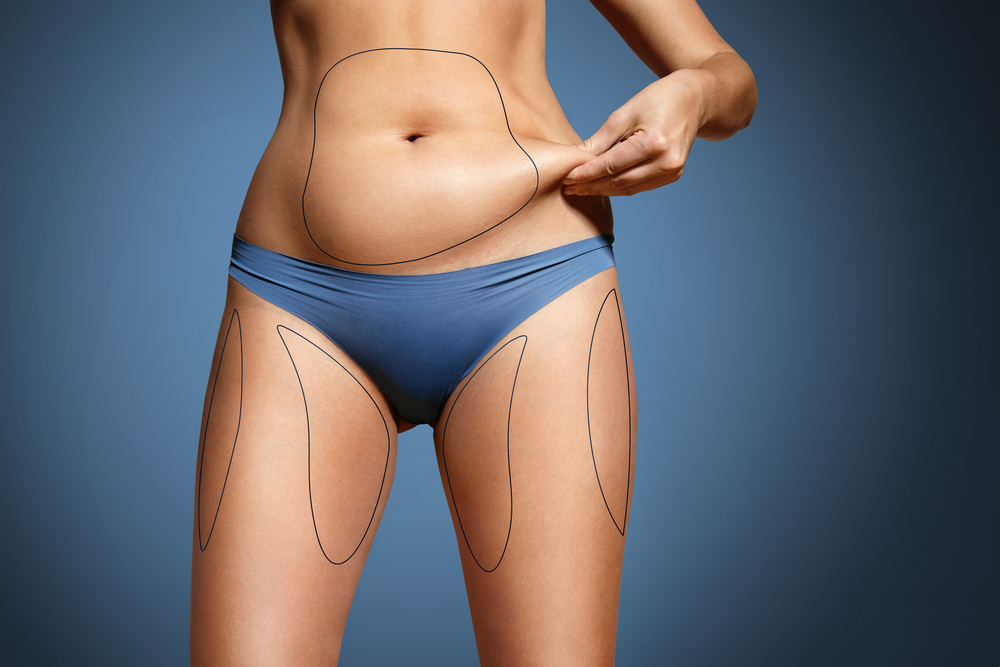Long-term planning is critical if you want to reach your goals. Basically, discipline is what gets you get from Point A to Point B, even if B is very far away.
Aristotle has a really nice quote on this: “We are what we repeatedly do. Excellence then is not an act, but a habit.”
So, how can we actually form good habits and make them stick?
As you know, your motivation is connected to your goals and your habits will help you achieve them. Research has shown that we need big goals are an effective method to help with discipline. So the age-old advice of „dream big“ is actually pretty good.
The problem is that during our busy day to day lives we often forget about these big goals and can even become intimidated by these large expectations. So how do you make sure to not lose sight of your goals then?
Large & Small Goals Explained
The best way to do this is to set “larger and smaller goals”.
Your larger goals should be the big picture items that you wish to someday accomplish. Your smaller goal, on the other hand, is the minimum amount of work that you must get done every single day to make it a reality.
Smaller goals will keep you on track while the larger goals helps you remember the big picture and where all this work will get you. Interestingly, setting extremely low daily goals is actually a great way to begin.
B.J. Fogg, a Stanford psychologist started his flossing habit by putting the floss right by the toothbrush, and to commit to flossing one tooth – only one tooth – every time after he brushed.
This worked because he was training the behavior. Maybe once every few weeks, he’d only actually floss one tooth, but a majority of the time he’d end up flossing them all. The point of these small goals is to skip the analysis phase and get right into the action.
I now want to give you some example of how you can apply this strategy to weight loss.
An Example
A good large goal would be to lose 10 pounds within five to six months. This is very much attainable for every beginner out there. Now to get there you want to come up with smaller daily goals. Here examples could be to prepare your lunch the night before or if this is to big of a change to that do it every other day.
You could also decide to buy smaller plates and only eat so much as you can fit on the smaller plate. These are just ideas of course. What you want to accomplish is to get into a habit of doing certain things automatically that you don’t have to think about them anymore.



